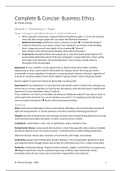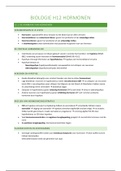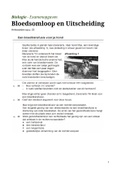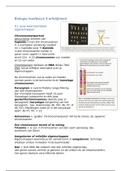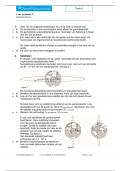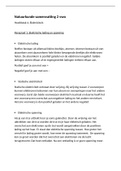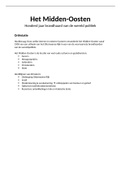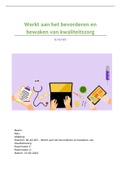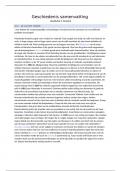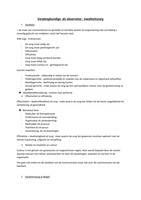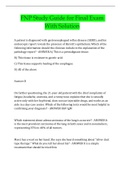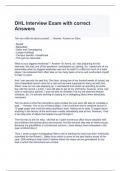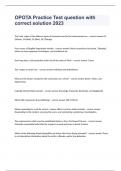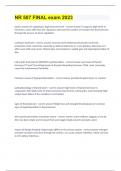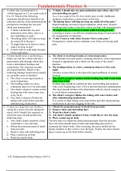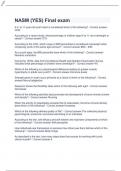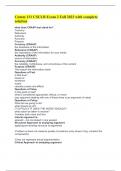By Thomas Konings
Module 1: Workshop 1 + Paper
Paper: Contagion and Differentiation in Unethical Behavior
1. When exposed to dishonesty: readjust likelihood of getting caught, i.e. if you see someone
cheat that does not get caught then you adjust the likelihood downward.
Rational crime theory: likelihood is input in decision to cheat ➔ “Cost-Benefit Analysis”
2. If observe dishonesty: more aware of own moral standards, and actively avoid breaking
them, categorize yourself more rigidly → less cheating ➔ “Saliency”
Note: believe in free will decreased cheating, determinism increased it
3. Social norms: descriptive (what most people do) vs. injunctive (what people approve of)
Social context determines which of the two is followed. In-group dishonesty: others will be
more likely to be dishonest. Out-group dishonesty: more honesty, actively distance
themselves from the bad apple
Experiment 1: Four conditions: (1) No opportunity to cheat [control] (2) shredder condition
(opportunity to cheat, cannot observe dishonesty) (3) in-group cheater (4) out-group cheater
Cost benefit: increase, regardless of in-group or out-group cheater Saliency: decrease, regardless of
in-group or out-group cheater Social norms: highest in-group cheater, lowest out-group cheater
Result: support of social norm theory (in-group high, out-group low)
Experiment 2: From Experiment 1 it was clear that cost-benefit could not hold (in this setting) as we
did not see an increase regardless of in/out group. But saliency could still hold (wasn't really tested).
Experiment 2 tests independent effect of saliency.
Three conditions: (1) Control, (2) Shredder (3) Saliency [confederate asked if it was okay to cheat, to
which experiment answered "you can do whatever you want"] → If anything cost benefit should
have increased cheating here ➔ Result: saliency decreases cheating
Workshop
Ethics: ethics/moral philosophy involves systematizing, defending, and recommending concepts of
right and wrong behavior → resolve questions of human morality by defining good and evil.
Integrity: practice of being honest and showing consistent and uncompromising adherence to strong
moral and ethical principles and values. In ethics: accuracy of one's actions.
Compliance: conforming to a rule, such as specification, policy, standard or law.
Rational actor theory: money would add incentive to cheat fully especially when answers shredded
but did not add extra over non-money scenario → something (moral radar) holding people back.
Influences till now: ethical radar, evaluation of cost-benefit, self-image, surroundings
Conformity: people tend to follow other people's behavior, 75% of respondents agreed for at least
one assignment (even though answer was wrong), 5% conformed every time ⇒ quite strong effect
Authority: evolutionary biology → good to follow authority, taught in early life (face consequences)
➔ Milgram Experiment: how far would participants go to follow orders (administer shock),
essentially switch off own moral radar and transfer responsibility to the authority
© Thomas Konings – 2020 1


